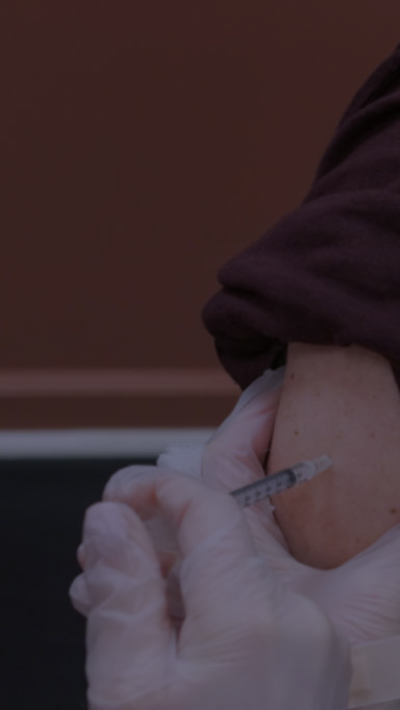Contents
The Government has moved to clarify employer’s rights around requiring workers to be vaccinated, in readiness for when New Zealand transfers into the new ‘traffic light’ regime on 3 December.
The range of measures include:
- expanding the mandatory vaccination requirement to include workers at businesses which require customers to show proof of vaccination certificates – e.g., hospitality and close contact services such as hairdressing. They will join border workers, health and disability workers, education workers and corrections staff (but so far not police). These workers will need to have their first vaccination by 3 December and be fully vaccinated by 17 January
- introducing a clear and simple legislative risk assessment process, for employers not covered by a government mandate, to determine which staff can be required to vaccinate or undergo testing for Covid-19. The legislative framework for this new process was released yesterday, but the practical detail is not expected until mid-December. Our understanding from the Ministry of Business, Innovation and Employment (MBIE) announcement is that:
- the risk assessment tool involves four factors, at least three of which must be determined to be high risk before an employer can rely on the tool to require vaccination for particular work
- the four factors will be: (i) the physical work environment and whether indoor workers are working in less than 100sqm of space; (ii) ability to social distance and maintain one metre distancing between workers; (iii) whether workers are in close proximity to others for more than 15 minutes; and (iv) whether they provide services to vulnerable people
- employers will still have the option of using the current WorkSafe guidance instead. Any risk assessments that have already been completed in accordance with existing health and safety guidelines will not be affected. There are mandatory statutory consultation requirements for those employers who do use the new risk assessment process
- requiring a minimum of four weeks’ paid notice where an employer terminates an employee’s employment because the role requires vaccination and they are refusing to be vaccinated. That notice of termination will, however, be of no effect if the employee gets vaccinated during the course of the notice period
- requiring employers to both provide paid time off for workers to get vaccinated and keep records of workers’ vaccination status
- providing clarity that an individual’s vaccination status can only be used for the purposes of ascertaining whether or not that individual is vaccinated where an employer, after conducting a risk assessment, is requiring vaccination and/or for the purposes of complying with any government mandates, and
- an employee’s right to bring a personal grievance claim if they are given notice of termination due to a vaccination requirement is preserved.
The legislation was introduced yesterday and will be passed under urgency this week, but we will have to wait a few weeks for the full details of the risk assessment tool itself.
Our comment
The announcement should provide some clarity for smaller businesses operating in indoor environments where physical distancing cannot be maintained. But the risk assessment tool is not as enabling for employers as we had expected.
Particular concerns are that employers with larger physical premises could struggle to use the new simplified framework and that other relevant factors, such as business disruption risks have been omitted from the policy.
We had also hoped that the Government might take the opportunity to restrict a personal grievance claim from challenging an employer’s substantive decision where the employer had used the new risk assessment tool.
Overall, these updates will be disappointing for a number of businesses which, on top of the additional delay in releasing the full framework, may lead many employers to push on with their risk assessment based on the current WorkSafe guidance.
As part of these latest changes, the Government has also addressed some of the legislative process concerns raised by the courts in the recent (unsuccessful) judicial review challenges to the border, health and education vaccine mandates. This should further strengthen the legal framework for the Government vaccine mandates in case of any future challenges.
Please indicate if you would like to attend a virtual roundtable on vaccines and the workplace before Christmas:
Vaccine mandate and workplace guidelines roundtable































